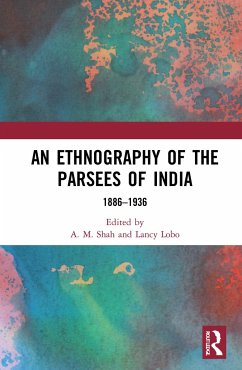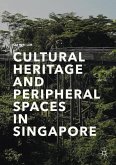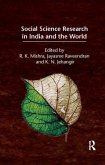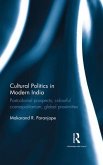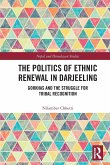This volume explores a wide spectrum of Parsee culture and society derived through essays from the Journal of Anthropological Society of Bombay (1886-1936). This journal documents intensive scholarship on the Parsee community by eminent anthropologists, Indologists, orientalogists, historians, linguists, and administrators in the late 18th and early 19th centuries. Comprising 0.05% of India's total population today, the Parsees (now spelled "Parsis") have made significant contributions to modern India. Through contributions of Jivanji Jamshedji Modi, Bomanjee Byramjee Patell, and Rustamji Munshi, eminent Parsee scholars, the essays in this book discuss the social and cultural frameworks which constitute various key phases in the Parsee life nearly 100 years ago. They also focus on themes such as birth, childhood and initiation, marriage, and death. The volume also features works on Parsee folklore and oral literature. An important contribution to Parsi culture and living, this book will be of great interest to scholars and researchers of sociology, social anthropology, ethnography, cultural studies, history, and South Asia studies.
Hinweis: Dieser Artikel kann nur an eine deutsche Lieferadresse ausgeliefert werden.
Hinweis: Dieser Artikel kann nur an eine deutsche Lieferadresse ausgeliefert werden.

